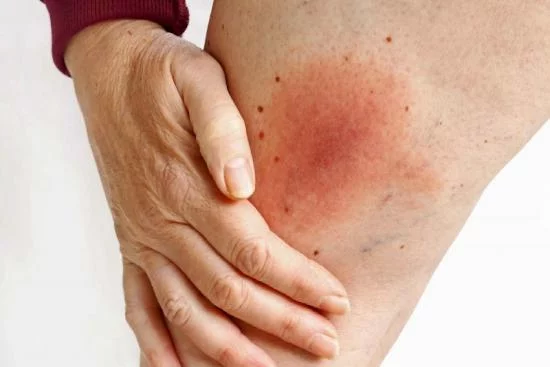Watch out for ticks! These tiny arachnids can carry a dreaded bacterium: Borrelia burgdorferi, responsible for Lyme disease.
The bite of an infected tick often goes unnoticed, and the first symptoms, such as the famous erythema migrans (bull's-eye redness of the skin),can appear weeks or even months after the bite. If not treated in time, the disease can affect the joints, nervous system and even the heart.
Early diagnosis and treatment are essential in Turkey to limit the risk of complications.







